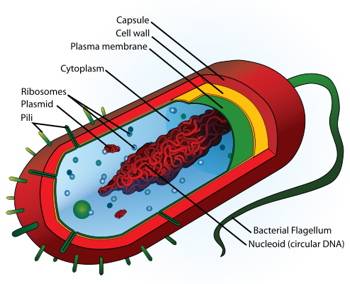I will admit that I'm having a mix of something I almost never have, writer's cramp (not being a writer has that advantage, in my experience) and competing claims on my time. Yep, another of my always aging family members has produced an unanticipated triple bi-pass this week. I've got to do his chores for the next couple of months. If we're all lucky.
Anyway, lacking time I dipped into the uncordial slime that is my spam box and came up with a topic, an objection to my skepticism about casting of chance and random events into a creator god in the way of the pseudo-science of abiogenesis. I did come up with a new angle on it that I don't think I've included before, so it's not entirely a repeat. That old Miller-Urey "proved life could happen by random events" and that so "intelligent design is disproven."
First, for that last claim to be disproven, you'd have to stipulate that Miller and Urey and their fellow anti-religious abiogenisist experimenters were unintelligent. I wouldn't claim that, merely that their ideological commitments led them to make some rather stupid and self-defeating claims. What they proved is that they could make some amino acids through a highly controlled and planned experiment, they proved that intelligence could produce that result. So it proves the exact opposite of what is claimed for their effort. There is nothing that any scientist could do in a lab that wouldn't have that effect, you can't remove the intent, the planning, the component of intelligence from any experiment or even from the interpretation of an observed thing, though they'll never have that in their field, they will never, ever have the first organism in the history of life on Earth to study, the only thing a truly scientific study of the origin of life on Earth could be scientifically based in.
It's not merely a matter of the improbability of molecules wafting at random into each other and forming more complex molecules, organic molecules I'll remind you, and those uniting to form something that can become a component of a living, metabolizing and, most difficult to randomize them into being, a reproducing organism within a containing structure that will successfully, the first time, split, contain the components for two living organisms and then, in another totally unprecedented event for the not-so great god "random chance" to make, reseal itself so as both of those organisms live and reproduce their reproduction.
Now for the new twist.
The problem for the worshiper of random chance to sustain their scenario with has to face the fact that time is its enemy on both ends. Time being too short to produce the incredibly remote chance of all of that lining up in exactly the right way but, also, the time frame for a series of very complex improbabilities to line up in to create life is, itself, under a very tight time line because the more complex the organic molecules needed get, the likelihood that they will deteriorate under ambient conditions after a very short time is also a factor. I would like to know what the chances are that the very few molecules that would have been generated by abiotic activity in any given centimeter of water to have endured long in the theorized atmosphere they were created in would be. My guess is that most relevant known molecules would tend to deteriorate rather fast and that would have to be figured into the ever lengthening odds of it happening by random chance events. I'd love to see different graphs of different estimates of those odds.
I'd guess that all of that would have had to come about very fast and in a very narrow window of time and the more you think about that the less probable it seems and the more unreasonable the atheist-materialist conjecture seems to an informed person who is not willing to pretend those problems away.
There, that should give you something to fuss about while I'm away.
